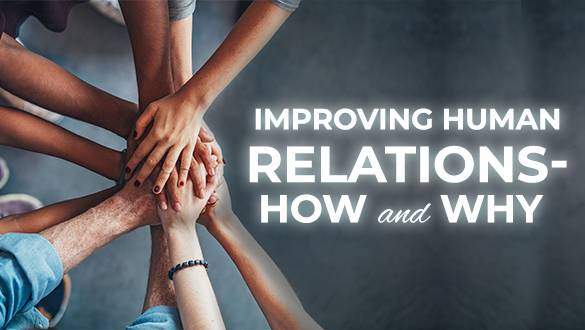Tag Archives: things
10 Things: What’s That Space Rock?
Next most familiar may be human population progress, though this is a force that we are not often inspired to contemplate or talk about, because it is thought to be an uninteresting given, one thing like gravity. Matt Simon: Anyway, these researchers speaking about this toxicity debt have been pondering particularly concerning the ocean, where we have now all of those plastics out there breaking down, and as they do, they leach out chemicals, a vast array of that are known to be toxic to all forms of life: marine plants, people as nicely. Stories only fail us after we attempt to select one story among many as a single and sufficient explanation of what happened to a gaggle of humans in a selected area and during a specific interval; and they fail us again once we attempt to explain broad historical occasions solely on the basis of the motivations and actions of particular individuals. Which leaves, as the least familiar of those four forces to most of us, the methods during which we people communicate with each other and manage ourselves. The larger drawback with this storified approach to historical past, although, is that it inevitably forces historians to pick heroes and villains, and to coerce their narratives into familiar patterns that then spotlight these characters in customary ways.
In hindsight, I notice now, the problem I had with the subject was that it had been “storified.” That’s, reasonably than trying to educate us on grand themes, every little thing had been became a narrative: sure folks did certain issues, in a certain sequence, and interacted with different people in sure ways, and ended up with some conclusion. Their empires and nations are huge, sprawling things, and the citizens of those societies carve names for themselves with the energy of their sword arms and the facility of their spells. Our workforce, led by Dr. Nadir Weibel, investigates, designs, and develops new tools, techniques, and infrastructure to leverage the ability of multimodal pervasive sensing and immersive visualization. Because carry is equipped by means of buoyancy, human power will be dedicated to thrust. And different stories can reveal totally different perspectives on the same events. And yes, the selections and actions of specific individuals could make a distinction in the course of human occasions. The issue, though, is not that we told the incorrect tales, and picked sure historic figures to play certain roles, but that any attempt to depict human historical past in this way is sure to be one-sided and incomplete, no matter what choices we make in regards to the stories we inform.

Now the kind of approach to human history that I am describing is simply vital in order for you to grasp why issues occurred the best way they did. This doesn’t imply that human population sizes aren’t critically important to our future – it’s just that we know the stories of start and death pretty well by now. Now to the actual writing: open each chapter with a very simplified, poorly researched, yet interesting historic anecdote, after which proceed to force it fit into your preconceived lesson for this chapter, with loads of arm chair psychology and rambling with certainty. We try to first capture, quantify and understand human behavior, and then help better interplay with digital information. The development for young medical doctors and nurses to seek larger salaries and higher working circumstances, mainly in greater-revenue nations of the West, is having severe effects on the health care sector in Ghana. And understanding why issues occur the best way they do is barely vital if you want to foresee or – even higher – influence the issues that is perhaps happening to us sooner or later. So, with that proviso, allow us to set tales apart for the second, and return to the discussion of those 4 great forces which have such an excellent influence on the unfolding of human historical past.
In broad strokes, all of human historical past might be seen as a progressive spiral made up of four intertwining strands. Wilber’s work is tremendously dense, deep and broad and deserving of additional study, and that i can’t hope to do justice to it in a couple of blog posts. However, Wilber affords a few models that I believe deserve greater publicity and extra common utility, so I’ll attempt to give you my understanding of them on this publish and a succeeding one. Moreover lots of the people whom provide unbiased human useful resource providers are far more inexpensive than that of your typical worker. As humanity has progressed, we have now learned increasingly more about how the world works, and what it may be made to do. As humanity has progressed, we’ve discovered new and other ways to communicate with each other and manage ourselves to perform increasingly difficult and complex tasks.
